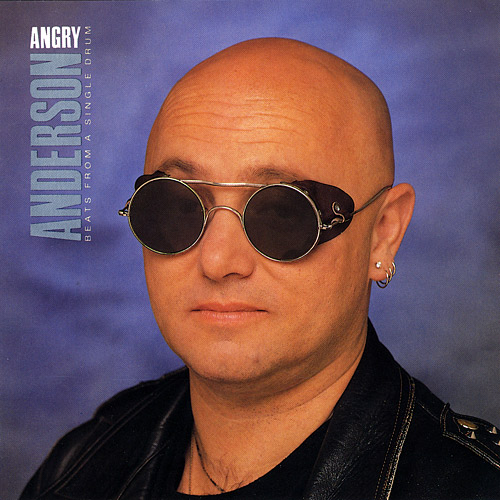Anderson said:
Please enlighten us as to how your sound is improved by use of a digital cable? Is the signal being changed and if so then how?
|ts the same with an analogue cable - its difficult to prove they technically can make a difference - althought there is some proof.
There are a lot of people including the guy above who said he heard a difference between a digital cable. I am one of them.
I am not an idiot and treaded very cautiously at the start - however the PC can be an amazing source with effort put into the right areas. Paul Pang was scrutinised and laughed at for initially suggesting upgraded sata cables for example but lots of people have tried them and lots of people now happily buy them and pay a lot of money for them
I was trying to say these are very intelligent people, some who work in IT and other technical jobs, I am not in a position to technically debate their merits with you. There are several theories of why they work - mostly suggested around screening to prevent emi and rfi which inside a PC is ripe, noone knows but they trust what they hear.
I received this from Core Audio Technology as I am a cusotmer - this is a short 2 part article on the subject
What you don't know about digital audio: Part Zero
Digital audio is not just ones and zeros.
Digital audio is commonly misinterpreted as ones and zeros. And people assume that because it's just ones and zeros that there is no noise or distortion on digital signals. They then extrapolate this to their computers assuming that because a computer is digital that there is no distortion.
These ideas are false. Here's why:
The truth is that digital audio is a SQUARE WAVE, which is technically a high frequency analog wave form. There's nothing digital about it. This square wave represents logic signals high and low. We have mistakenly translated the high and low of a square wave to a one or a zero, but in reality it is far more complex.
A logic high signal, or a one, represents a change to the square wave. A logic low represents no change. This is where the idea of jitter comes into play. When there are timing errors in the digital signal the digital interface will get a bit read error and read a logic high as a logic low. That means where there should have been a change to the square wave it was registered as no change. This translates to amplitude errors and harmonic errors in the output.
Why do these errors occur?
The primary reason these errors occur is noise. High frequency noise and harmonic content gets folded into the base band and creates amplitude distortion on the square wave. The tolerances on the square wave are very small, so when there is noise it turns an otherwise flat square into a jagged one. These spikes create two major problems. One, it introduces odd harmonic content that doesn't exist in real life that gets carried through to the output. And two, jitter and bit-read errors occur because the spike causes the square wave to be read within the wrong range.
How to prevent these errors?
Check back tomorrow for the next part in the series and learn how to eliminate these errors from your digital system, what to look for in des


